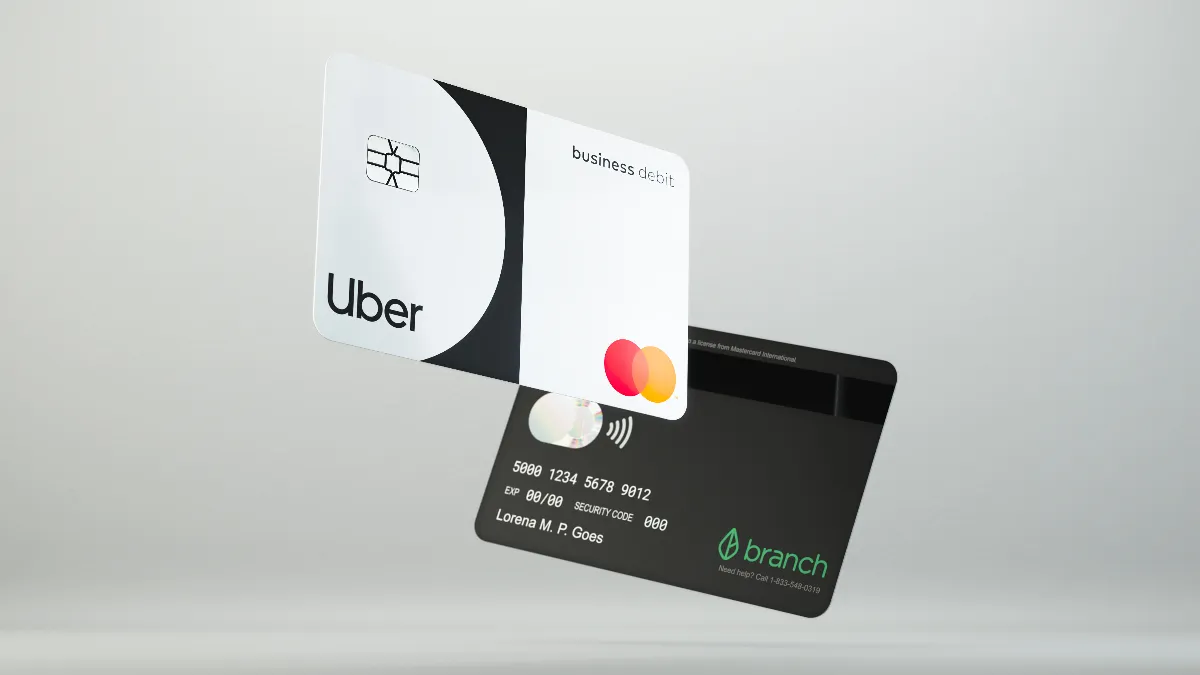Dive Brief:
- Mastercard aims to replace the need for manual card entry and one-time passwords with tokenization and biometric authentication at online checkout by 2030, the card network giant said Wednesday.
- Mastercard has initiated a new digital enablement service that tokenizes more than 30% of transactions worldwide. The Purchase, New York-based company said it is also scaling a payment passkey service globally to millions of customers.
- The company pointed to “points of friction” and fraud in online shopping as two reasons for its new goal. “This vision also unlocks a new era for physical cards by making the possibility of numberless physical cards the default, further reducing the risk of fraud should a card be lost or stolen,” the release said.
Dive Insight:
Mastercard seeks to shift customers to numberless physical cards to reduce fraud, particularly for online purchases. While cyber breaches can lead to criminal activity, fraud may be egged on by physical cards being lost or stolen too, the company noted.
Online fraud rates for purchases are seven times the rate of fraud for in-store purchases, Mastercard said, citing its internal data. Furthermore, the data showed that nearly two-thirds of consumers struggle with manually entering their card details.
“Just like the transition from signing and swiping to tapping cards, we’re now moving from manual entry and passwords to seamless and secure payments in just a few clicks,” Mastercard Chief Product Officer Jorn Lambert said in the statement. “With this shift we are protecting sensitive data through advanced encryption and tokenization technologies.”
In addition to rolling out anti-fraud features for online shoppers, Mastercard has taken other measures to bolster its cybersecurity capabilities. In September, the company bought the Boston-based cybersecurity firm Recorded Future for $2.65 billion. The two previously worked together on an artificial intelligence service that notifies banks when debit and credit cards may have been compromised.
While Mastercard tracks a spike in online card fraud, shoppers and businesses have reported being anxious about shopping online. According to an Experian poll of 2,000 consumers and 700 companies, 84% of respondents said they were concerned about identity theft, a 20 percentage point jump year-over-year. Meanwhile, 71% of merchants said they were worried about cybercriminals harnessing AI to commit fraud.










